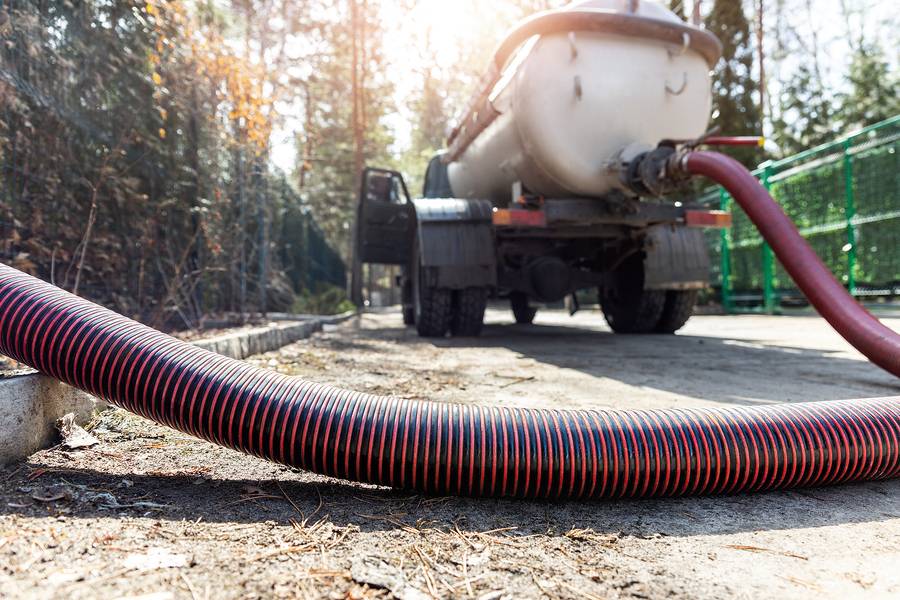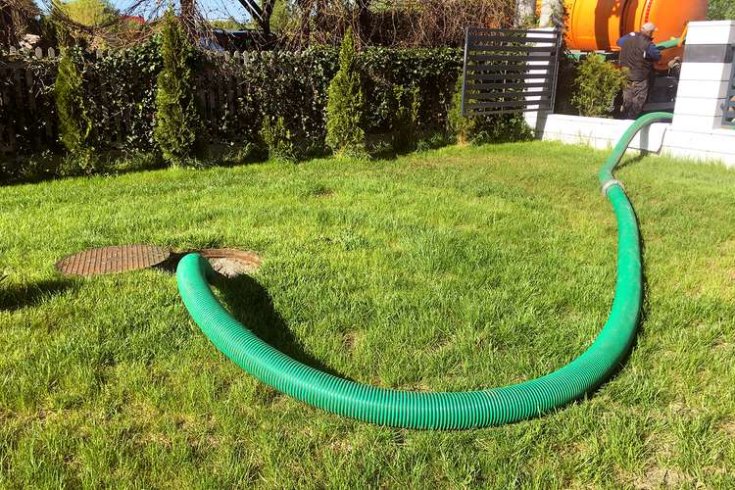
19
A grease trap is an essential component of any commercial kitchen's plumbing system, as it prevents grease and oil from clogging the sewer lines. However, grease traps can also encounter problems that can cause them to malfunction. Here are some common grease trap problems that you should be aware of and how to address them.
One of the most common problems with grease traps is blockages. Grease and oil can build up in the trap, reducing its effectiveness and causing it to overflow. This can lead to unpleasant odors, as well as potential health hazards. To address this problem, it is essential to have your grease trap cleaned and maintained regularly by an affordable septic company.
Another common problem with grease traps is overflow. This occurs when the trap becomes full and cannot hold any more grease and oil. This can cause the trap to back up, leading to unpleasant odors and potential health hazards. To prevent overflow, it is crucial to have septic tank pumping and have your grease trap cleaned and maintained regularly by a septic company.
Leaks can also be a problem with grease traps. If a trap is not properly sealed, it can allow grease and oil to leak out, causing unpleasant odors and potential health hazards. To address this problem, have your grease trap inspected by Charlotte Septic Pros to ensure that it is properly sealed.
Over time, grease traps can become corroded, which can weaken the structural integrity of the trap and cause it to malfunction. To prevent corrosion, it is essential to have your grease trap inspected by a dependable septic company to ensure that it is in good condition.
Another common problem with grease traps is that they are not the correct size for the commercial kitchen. If a grease trap is too small, it will not be able to handle the volume of grease and oil that it is expected to. This can lead to blockages, overflow, and other problems.
To prevent these problems and ensure that your grease trap is functioning properly, it is essential to have septic tank pumping and maintenance performed regularly by Charlotte Septic Pros. This will help to ensure that your grease trap is functioning at its peak performance and that it is not causing any health hazards.
Regular septic tank pumping is important in maintaining the function of a grease trap, as it removes the accumulated grease, oil, and other debris that can clog the system. Experts can also help to identify any potential issues with the grease trap and address them before they become significant problems.
Grease traps are an essential component of any commercial kitchen's plumbing system, but they can also encounter problems that can cause them to malfunction. Some of the most common problems include blockages, overflow, leaks, corrosion, and improper size. To prevent these problems and ensure that your grease trap is functioning properly, it is essential to have it cleaned and maintained regularly by a septic company. By working with a septic company, you can ensure that your grease trap is functioning at its best and that it is not causing any health hazards. If you need additional services regarding your grease trap or septic tank, call Charlotte Septic Pros.

28
Why Is Sewage Backing Up into My Tub? When wastewater starts rising into your bathtub, it’s more than just unpleasant—it’s…
Read more
22
Can Bacteria Additives Eliminate the Need for Pumping? If you own a home with a septic system, you’ve probably seen…
Read more
12
A single slow drain in your home can feel like a minor inconvenience. Maybe the sink takes a little longer…
Read more
05
Are Slow Drains a Septic Issue or Just a Clog? Slow drains are one of those household problems that start…
Read more
02
What Septic Service Techs See That Homeowners Miss Most homeowners only think about their septic system when something goes wrong.…
Read more
21
Simple Habits That Protect Your Septic System A well-functioning septic system does its job quietly, but the moment something goes…
Read more
14
Pump Now or Pay Later: The Real Cost of Skipping Maintenance A properly functioning septic system is easy to forget…
Read more
11
Why Your Septic System Always Acts Up at the Worst Time Homeowners often feel that septic problems strike at the…
Read more
04
Early Warning Signs Your Septic Tank Needs Pumping For homeowners who rely on a septic system, routine maintenance is not…
Read more
29
Why Does My Septic System Smell Fine One Day and Terrible the Next? If you own a home with a…
Read more